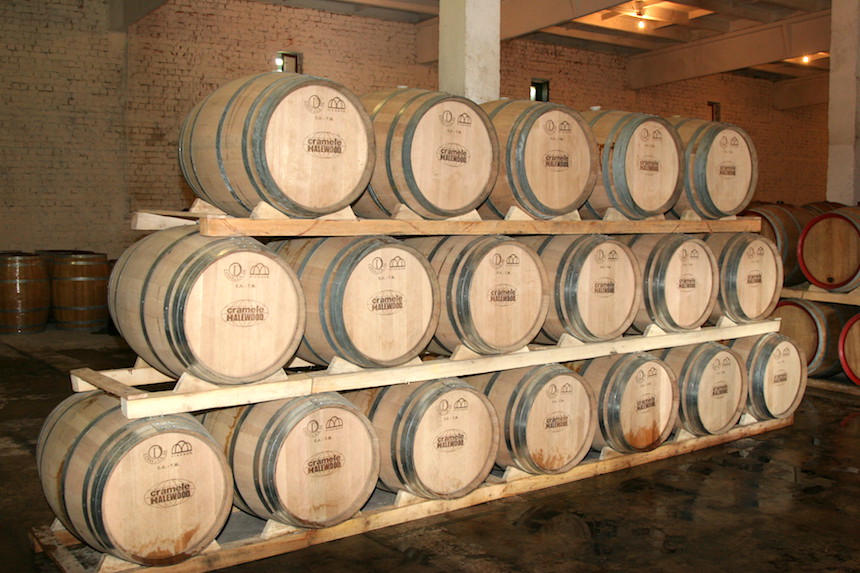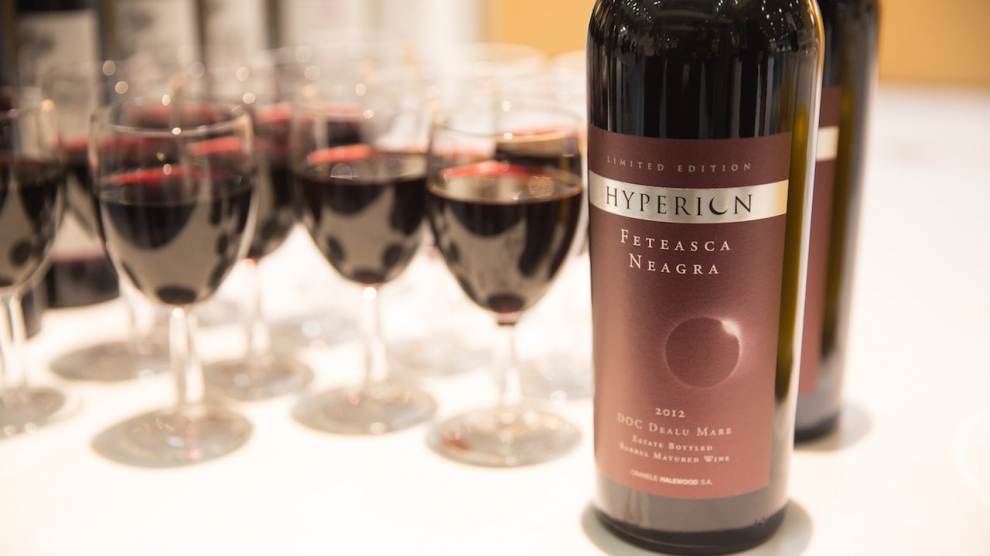Romanian wine is a hidden gem, waiting to be discovered by many export markets, says Paul Murden, managing director of Halewood Wines & Spirits Romania. He spoke to Eva Keller about opportunities in the Romanian wine production sector.
Halewood first arrived in Romania 30 years ago. What changes have you seen in the wine sector over the last three decades?
I must admit that the evolution of the wine market in Romania has really surprised me, in the past 30 years, particularly the fast pace of this process compared to other economic sectors in the country. Obviously, for such a long period, we are referring to many factors, but we should particularly mention the development of modern retailing, the internet and, last but not least, the foreign investment in this sector.
One noticeable aspect is the evolution of consumer interest in wine. After several years, when there was a negative international perception of the Romanian wine market in terms of wine quality, and consumers were less-educated in terms of wine consumption, we are now facing a more educated consumer and an improved wine quality, as confirmed by the international markets. This results in a highly dynamic and competitive market.
So, Halewood has invested €10 million in Romania. What opportunities do you see for foreign investors in the wine sector in Romania?
Well, Romanian wine is a hidden gem waiting to be discovered by many export markets. We already export substantial volumes to the UK, Germany and China, to name but a few. As more and more consumers become aware of the quality price ratio demonstrated by Romanian wines then I am sure this demand will increase exponentially.
The natural landscape, soil, and climate in Romania is unique and, being on the 45th latitude, it is ideal for the continued development and growth of the Romanian wine industry. There is also the opportunity to develop wine tourism within a country that is one of the most beautiful and naturally preserved parts of Europe.
The population is innovative, professional and passionate about wine. There is a huge knowledge base and experience of wine making in Romania, in fact wine has been produced here for more than 6,000 years.
So, tell me, what challenges is the sector currently facing?
I would say there is a constant pressure on production costs, on the producer’s margin and a high consumer sensitivity towards price changes.
What prospects do you see for the Romanian wine sector and the company in the future?
In the past years, we have worked very hard. We made massive investments in developing the Tohani region and this year we will continue to invest in our winery in Ploiesti, a city we are very closely tied to.

We will continue investing in upgrading our production facilities and modernising the wineries and the equipment, in order to ensure a premium quality for all our wines. We will continue investing on the domestic market through both an innovation of our sales force and through targeting consumer marketing. We are in a complete process of portfolio expansion so we may best assure our clients’ business development. We are preparing new brand launches in the wine category that will address market opportunities. These new launches will reflect both the heritage that Halewood has in Romania, as well as the quality of our wines, which has often been endorsed by international contests.
Regarding the spirits’ portfolio, and given that Halewood Wines & Spirits UK is the largest independent spirits producer and that there is a new focus on the spirits mixology, we are continually developing our portfolio with crafted products, such as crafted gin, whiskey, vodka and beer. All these launches are designed to strengthen our position within the market, as we expect the market growth in Romania to outperform other markets.






Mr. Murden has made clear a very important fact, that Romanian wine history expands over thousands of years. I have noticed a general tendency for our generation to judge Romanian wine in terms of a lifetime experience. This means to only refer to the communist period and the years after. In my opinion, the Romanian wine industry is recovering from one of many downturns in history, this one caused by Communism with its state-owned property, others being caused by phylloxera or even the fall of the Roman Empire.
Another important point in the article is related to the natural conditions, Romania being “one of the most beautiful and naturally preserved parts of Europe”.